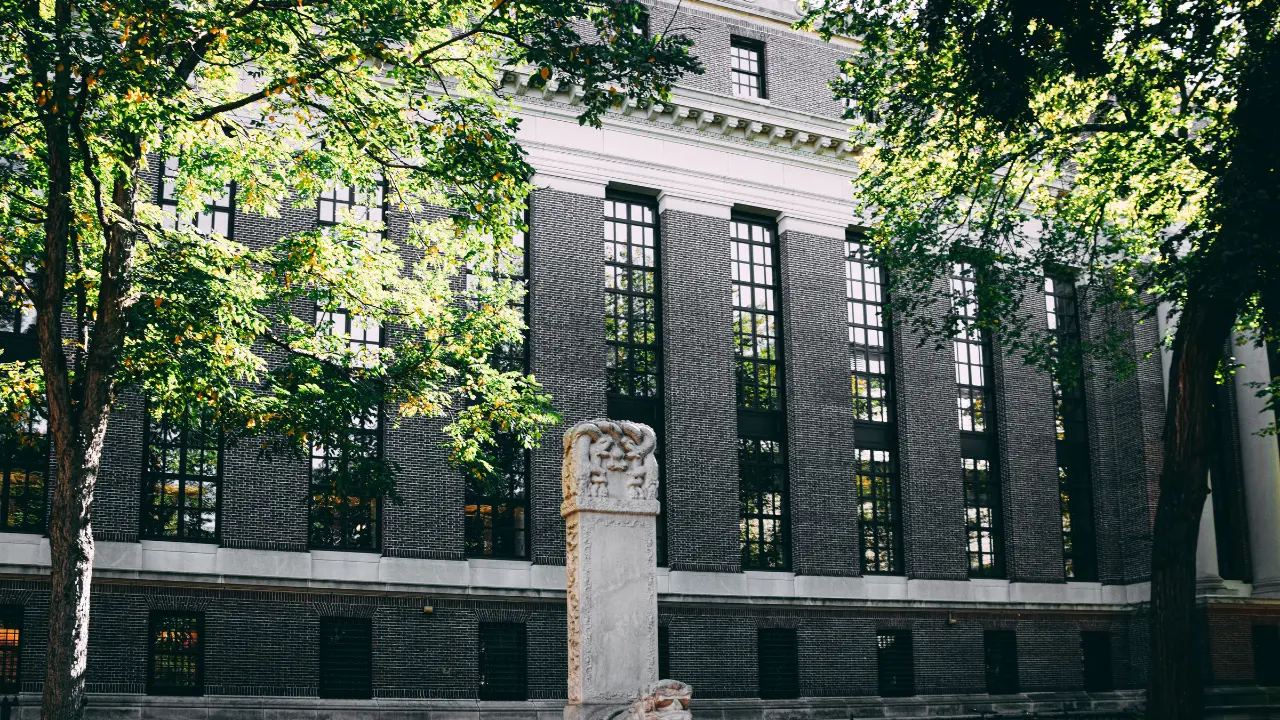Table of Contents
Introduction
Harvard University is a private Ivy League research university in Cambridge, Massachusetts. Established in 1636 and named for its first benefactor, clergyman John Harvard, Harvard is the oldest institution of higher learning in the United States and among the most prestigious in the world.
Harvard University is a highly selective university, with an acceptance rate of just over 5%. The university’s undergraduate college is one of the most selective in the country, and its graduate schools are also highly competitive.
Harvard University is a major center for research, with over $10 billion in annual research expenditures. The university’s faculty includes Nobel laureates, Pulitzer Prize winners, and MacArthur Fellows. Harvard’s research has had a significant impact on many fields, including medicine, law, economics, and the humanities.
Harvard University is a major cultural center, with a variety of museums, theaters, and concert halls. The university’s library system is one of the largest and most comprehensive in the world, with over 17 million volumes.
History
Harvard University was founded in 1636 by the Massachusetts Bay Colony legislature. The university was named after its first benefactor, clergyman John Harvard, who donated his library and half of his estate to the school. Harvard’s first classes were held in 1638, and the university was officially chartered in 1650.
Harvard’s early years were marked by a number of challenges, including financial difficulties and a lack of qualified faculty. However, the university gradually grew and prospered, and by the 18th century, it was one of the leading colleges in the colonies.
In the 19th century, Harvard underwent a period of rapid growth and expansion. The university’s curriculum was modernized, and new schools and departments were added. Harvard also became a major center for research, and its faculty included many distinguished scholars.
In the 20th century, Harvard continued to grow and evolve. The university’s endowment increased significantly, and new buildings were constructed. Harvard also became more diverse, with students from all over the world attending the university.
Today, Harvard University is one of the most prestigious universities in the world. The university’s alumni include many notable figures, and its faculty includes Nobel laureates, Pulitzer Prize winners, and MacArthur Fellows. Harvard’s research has had a significant impact on many fields, and the university is a major cultural center.
Academics
Harvard University is organized into 12 undergraduate and 14 graduate schools. The undergraduate college is one of the most selective in the country, with an acceptance rate of just over 5%. Harvard’s graduate schools are also highly selective, with acceptance rates ranging from 5% to 20%.
Harvard’s undergraduate curriculum is broad and challenging. Students are required to take courses in a variety of subjects, including the humanities, social sciences, natural sciences, and mathematics. Harvard also offers a number of interdisciplinary programs, such as the Joint Program in Computer Science and Economics.
Harvard’s graduate schools offer a wide range of programs, including law, medicine, business, education, and public policy. The university’s graduate programs are highly competitive, and students must have excellent academic credentials to be admitted.
Research
Harvard University is a major center for research. The university’s faculty includes Nobel laureates, Pulitzer Prize winners, and MacArthur Fellows. Harvard’s research has had a significant impact on many fields, including medicine, law, economics, and the humanities.
Harvard’s research is funded by a variety of sources, including the federal government, private foundations, and corporations. The university’s research facilities are world-class, and Harvard’s faculty and students have access to state-of-the-art equipment and technology.
Culture
Harvard University is a major cultural center. The university’s campus is home to a number of museums, theaters, and concert halls. Harvard also has a number of cultural organizations, such as the Harvard Glee Club and the Harvard Lampoon.
Why Study at Harvard University?
There are many reasons why students choose to study at Harvard University. Here are just a few:
- Excellent academics: Harvard University has a world-class faculty and offers a wide range of challenging and innovative academic programs.
- Harvard University academics
- Prestige: Harvard University is one of the most prestigious universities in the world, and a Harvard degree can open doors to many opportunities.

